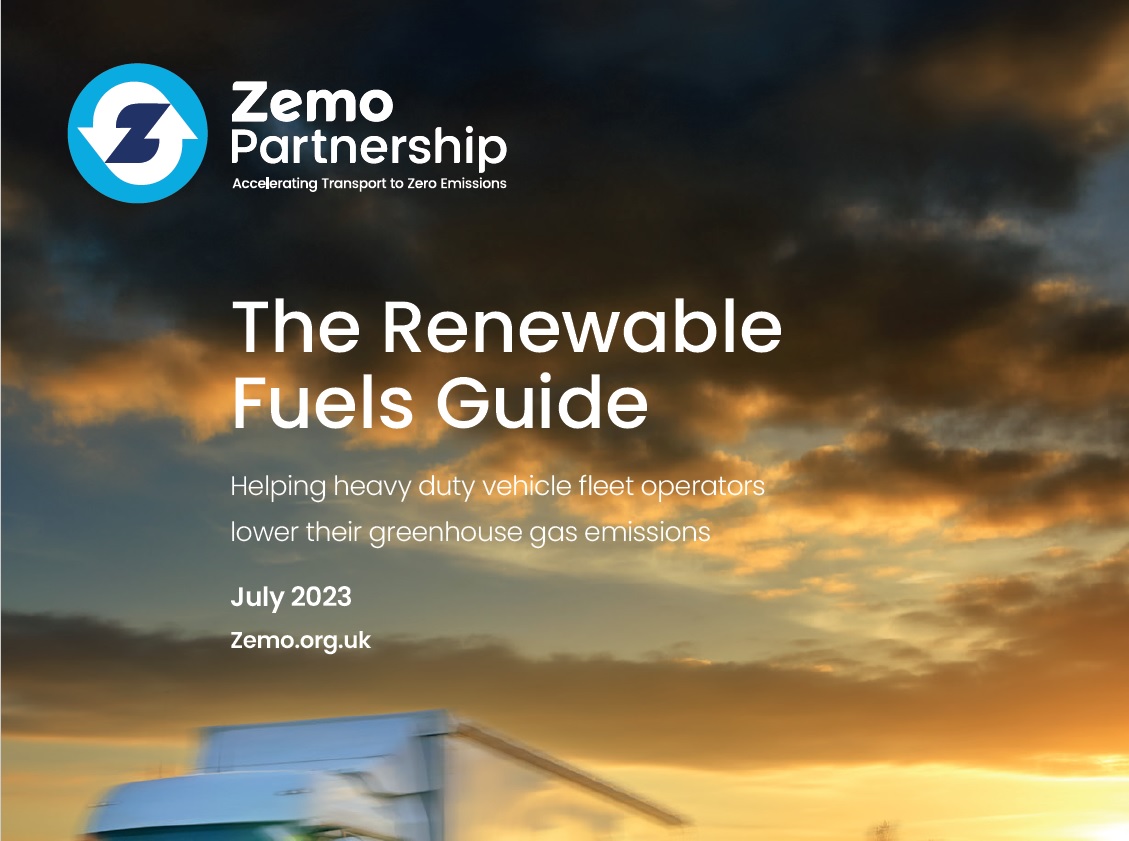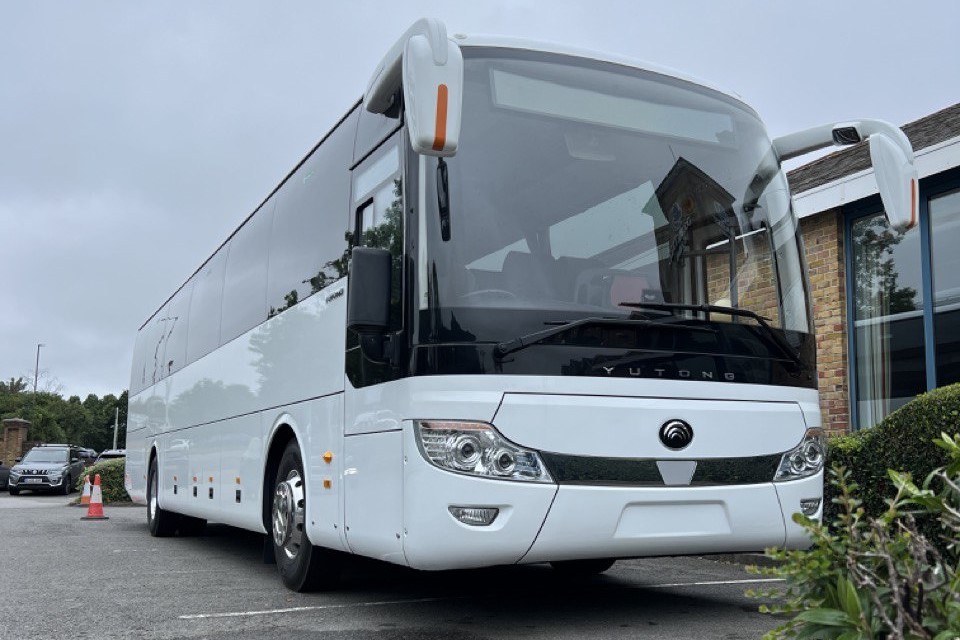Zero-emission buses continue to enter the market at a growing pace thanks to significant funding from governments across the UK over the past decade. Zemo Partnership analysis suggests that there are approaching 2,500 such zero-emission vehicles in service today.
Manufacturers and vehicle suppliers now offer a full range of battery-electric and hydrogen fuel cell-electric models, providing zero-emission solutions for the majority of operator requirements.
However, as I highlighted in my column in May, it is a different story for coach decarbonisation.
While there is a fledgling rollout of battery-electric coaches in the UK (approaching 50 in service), there remain significant challenges to the coach industry. These must be addressed before operators look to zero-emission options as the solution for their business.
Coach decarbonisation barriers centre on the absence of a bespoke, strategic charging and hydrogen fuelling network across the main arterial motorway routes of the country – something that is only likely to be tackled with the full weight of the HGV sector behind it.
The lack of dedicated, publicly available on-route charging and hydrogen fuelling facilities, coupled to a limited market offering of zero-emission coach options (currently two models are available in the UK – the Yutong TCe12 and GTe14), mean that coach operators are constrained to back-to-base operations, cutting off longer-distance activities.
The recent expansion of eligibility criteria for the Scottish Zero Emission Bus (ScotZEB) challenge fund second phase (launched in 2023) to cover all coaching operations and business types came as a welcome opportunity for coach operators across Scotland to begin their decarbonisation journey.
In the face of significant challenges to decarbonise by 2040, tangible action is required now to substantially mitigate greenhouse gas (GHG) emissions from the coach sector. Renewable fuels offer that interim solution in the short- to medium-term in achieving significant GHG savings without the need for vehicle modifications. Available renewable fuels include the likes of biodiesel and hydrotreated vegetable oil (HVO).
Zemo Partnership estimates that renewable diesel, such as HVO, can achieve in the range of 81-91% well-to-wheel (WTW) GHG savings today, when compared to fossil diesel. HVO can act as a drop-in fuel, with limited changes required for the vehicle engine or fuel storage.
The estimated savings for biodiesel vary depending on the blend. For example, B20 (a biodiesel blend of 20%) can achieve savings of 12-13%, with higher blends (e.g. B100) achieving up to 85% when compared to fossil diesel.
To highlight the important potential of renewable fuels in decarbonising heavy duty elements of the road transport sector, including coaches, and to equip operators with guidance and best practice case studies, Zemo Partnership recently published The Renewable Fuels Guide.
While the heavy duty sector has a long-term zero-emission future, renewable fuels can provide an immediate solution today to mitigate GHG production and take a step in the right direction on the journey to net-zero emissions.
Download the Zemo Partnership Renewable Fuels Guide here.

























